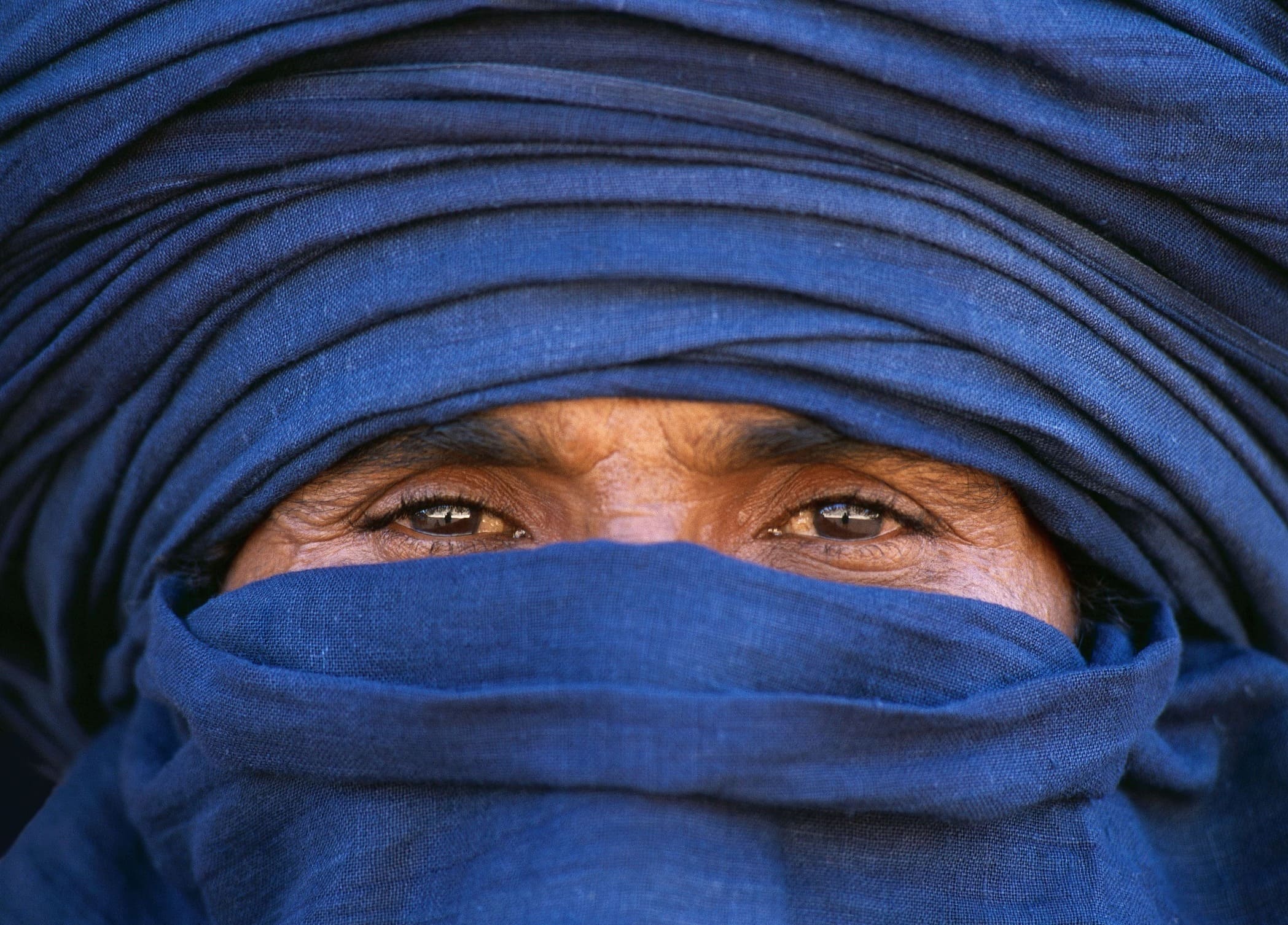The Tuareg, nomadic tribes in several countries
The Tuareg, nomads of the central Sahara and the Sahel, saw their territory shattered by independence in 1961. The Sahara, once united, was divided into several African states, giving the Tuareg a nationality by decree. Their ancestral homeland was thus divided between five African nations: Algeria, Libya, Niger, Mali and Burkina Faso. At the heart of this dispersal, the majority of the Tuareg are currently to be found between Niger and northern Mali. Contrary to what you might think, there are no Tuaregs in Morocco. There are nomads, the Saharawis, but they are not part of the Tuareg tribe.
If you add up the official sources, there are almost 1.5 million people. 3 million according to Tuareg sources.
The Tuaregs of the Algerian Sahara
The Algerian Tuareg live mainly in the desert regions of the Sahara, particularly in the wilayas (provinces) of the south, such as Tamanrasset, Illizi and Djanet.
The Tassili n’Ajjer plateau and the Tassili Hoggar plateau (mountain massifs in southern Algeria) are regions where Tuareg communities are very present. Algerian Tuaregs are working to preserve their culture and heritage. Cultural festivals such as the Sebiba, tourist trips, artistic events and language preservation initiatives all help to keep their rich heritage alive.
The Algerian Tuareg remain a unique community, making a significant contribution to the country’s cultural and historical diversity. Their traditional way of life, remarkable crafts and unwavering attachment to their roots make them an integral part of Algeria’s rich cultural fabric.
Exploring the Sahara and Djanet with Algeria’s Tuaregs

